Sustainable Communities in Central America and the Caribbean
On-going Projects
Publications
Events
7th World Urban Forum Networking Event
“Clean Energy and Transport Solutions in an Urban Hemisphere: Lessons from the Americas.”
Thursday, April 10, 2014 4:30 PM-6:30 PM
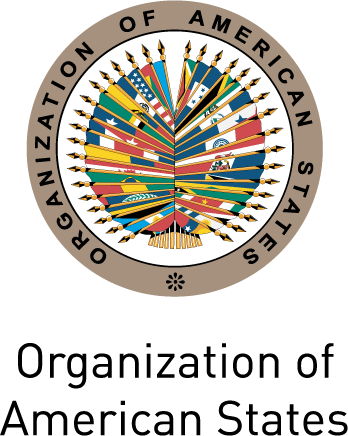
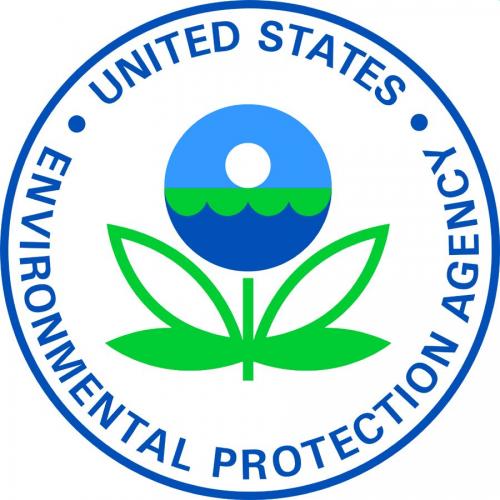
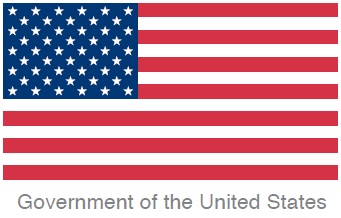
The OAS, the U.S. EPA, and the U.S. Department of State held an event titled “Clean Energy and Transport Solutions in an Urban Hemisphere: Lessons from the Americas,” on April 10 at the Seventh World Urban Forum held in Medellin, Colombia at which experienced practitioners from four communities across the Americas discussed successful strategies and tools that promote the use of clean energy and innovative, practical transportation solutions.
Attendees had the opportunity to engage with these experts to share ideas for creating similar sustainability initiatives around the world. Implementers from San Jose (Costa Rica), Salt Lake City (USA), Baja Verapaz Department (Guatemala), and central New York (USA) presented their experiences in developing sustainable transport and clean energy projects, including the role of community engagement. These four projects were supported by the U.S. Environmental Protection Agency (EPA) Climate Showcase Communities Program and the Organization of American States (OAS) Sustainable Communities in Central America and the Caribbean Project. This event included an introduction to the urban sustainability resources available through U.S. EPA and the OAS.
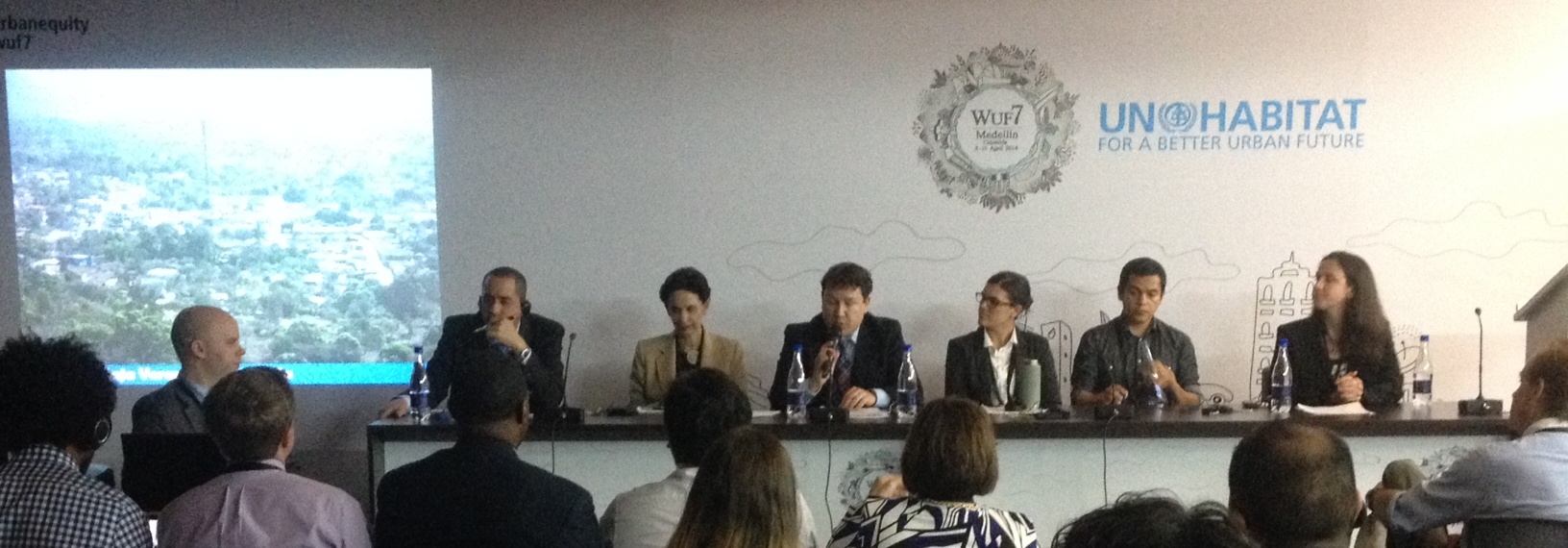
Delivering the keynote address, Ambassador Carmen Lomellin, U.S. permanent representative to the OAS, reaffirmed the United States’ support for collaborative solutions to global challenges such as air pollution, the growing demand for energy and transportation resources, environmental protection, and sustainable housing and infrastructure development.
Ambassador Lomellin and the Executive Secretary for Integral Development of the OAS, Sherry Tross announced the launch of the second phase of its Sustainable Cities and Communities in the Americas Project, which includes new grant opportunities related to the promotion of urban sustainability. Executive Secretary Tross highlighted that the first 14 grants are almost completed and that “the member states of the OAS have gleaned a vast array of valuable information on capacity building, technology transfer, and citizen participation -- and generated replicable projects, suitable for scaling up throughout the hemisphere of the Americas.”
Presentations
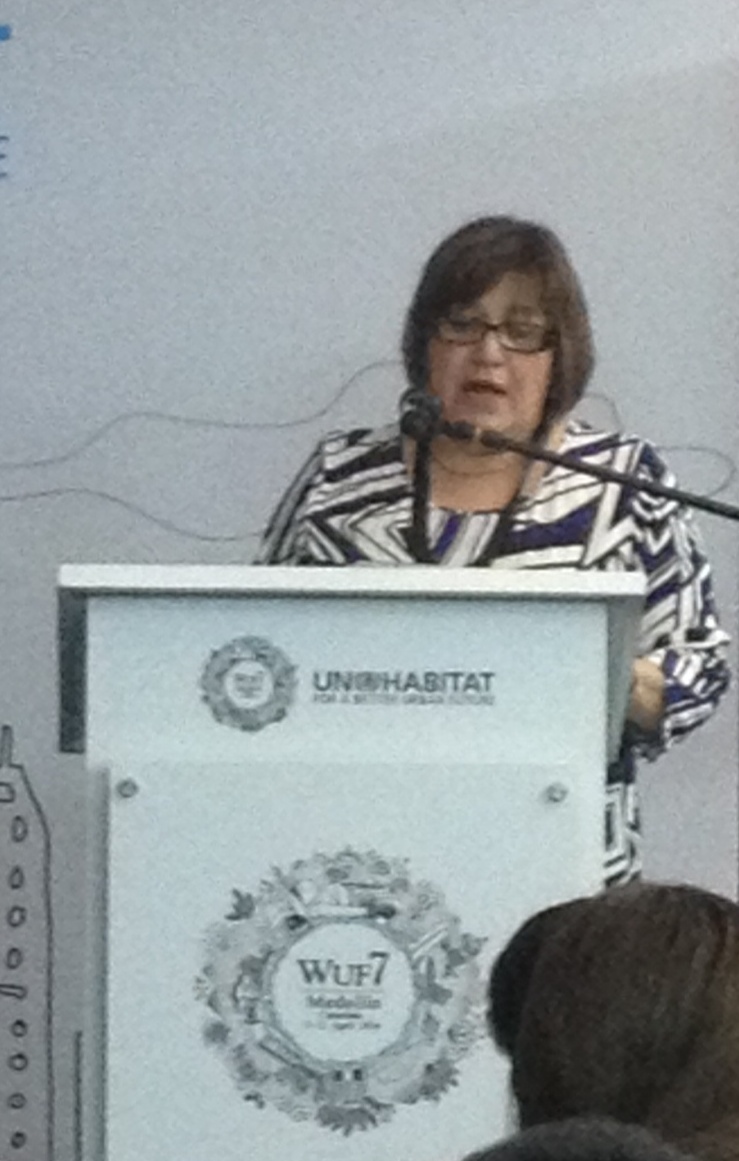 |
Ambassador Carmen Lomellin U.S. Permanent Representative to the OAS |
Permanent Mission of the U.S. to the OAS | Keynote Remarks |
 |
Richard Huber Department of Sustainable Development |
Organization of American States | Presentation |
|
|
Megan Samenfeld-Specht International Environment Specialist |
US Environmental Protection Agency | Presentation |
|
|
Huberth Mendez Executive Director |
Red Ambiental de Movilidad Urbana | Presentation |
|
|
Kate Lilja Lohnes Communications Manager, Division of Sustainability and the Environment |
Salt Lake City Corporation | Presentation |
|
|
Marta Ximenez de Rivera Energy Coordinator |
Fundacion Solar | Presentation |
|
|
Chris H. Carrick Energy Program Manager |
Central New York Regional Planning and Development Board | Presentation |
 |
V. Sherry Tross Executive Secretary for integral Development |
Organization of American States | Closing Remarks |
Sustainable Transport Solutions Project Profiles
| Sustainable Transportation for a Sustainable Future Salt Lake City, Utah |
To reduce air pollution and greenhouse gas emissions, Salt Lake City used community-based social marketing to improve existing vehicle travel reduction programs run by the city, county, and state government. To improve these programs and reduce vehicle miles traveled and the accompanying emissions, the City worked with state agencies and consultants to develop effective community-based social marketing. First, targeted research was conducted into the barriers and benefits for each major travel group. Then, three to four programs were retooled, including the development of initiatives for corporations, community groups, and local schools. The programs were launched, and the results were assessed. The team then took the resulting Sustainable Travel for a Sustainable Future toolkit to launch vehicle travel reduction programs in at least two other Utah communities. The toolkit was refined based upon feedback from these communities. The project reduced vehicle miles traveled and, as a result, improved air quality for county residents. In addition, the project reduced greenhouse gas emissions. The program helped prepare the community for other sustainability initiatives in Salt Lake City. |
|
Promoviendo sistemas alternativos y articulados de transporte urbano en Costa Rica San Jose, Costa Rica |
The project seeks to contribute to the implementation of an alternative integrated urban transport system in the greater metropolitan area of Costa Rica by identifying opportunities and obstacles related to expanding the bicycle paths and the interconnection with the urban train. Likewise, this initiative will contribute to the development of bicycle paths by installing infrastructure such as traffic signs and bicycle parking while raising awareness within the local authorities to promote bicycle use. |
Clean Energy Solutions project Profile
|
Central New York Climate Change Innovation Program Central New York |
The Central New York Climate Change Innovation Program aimed to improve energy efficiency in municipal operations, increase the use renewable energy, and encourage land use and transportation policies that manage GHG emissions and reduced vehicle miles traveled. The Central New York Regional Planning and Development Board (CNY RPDB) achieved these goals by:
|
Promoting the development of sustainable communities through good environmental practices and clean energy Baja Verapaz, Guatemala |
The project seeks to promote the integral development of four communities through a sustainable approach by reducing carbon emissions and indoor pollution from the use of wood through the implementation of organic waste biodigestion technology for the production of biogas, strengthening the productive use of organic composting and adopting sustainable environmental practices in the micro watersheds of Xeúl Canchel and Chibalám Chimachó. All this, through participative methods where the community members are the main actors in the transformation of their community into a sustainable one. |
For further information on this project please contact Richard Huber at [email protected].

